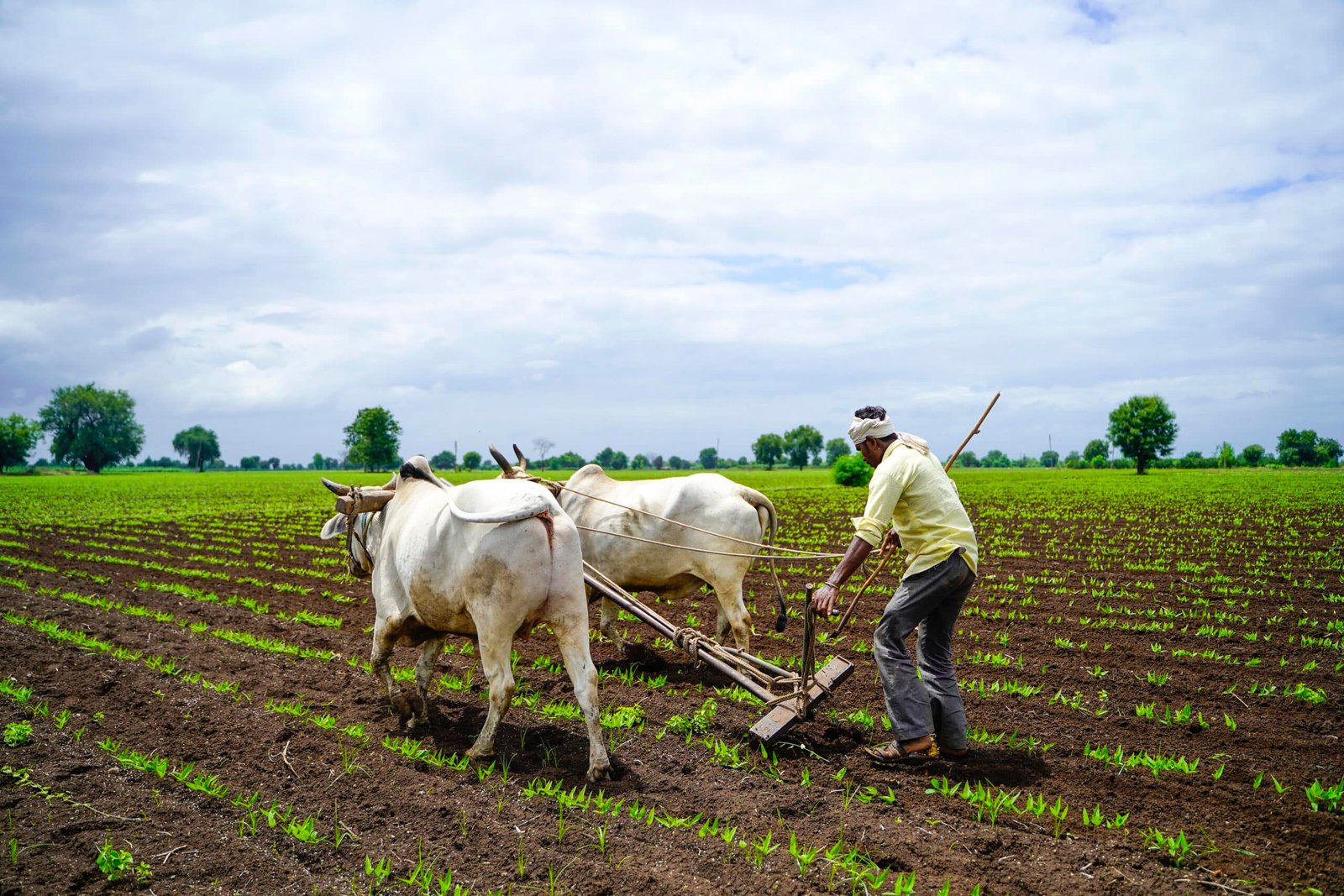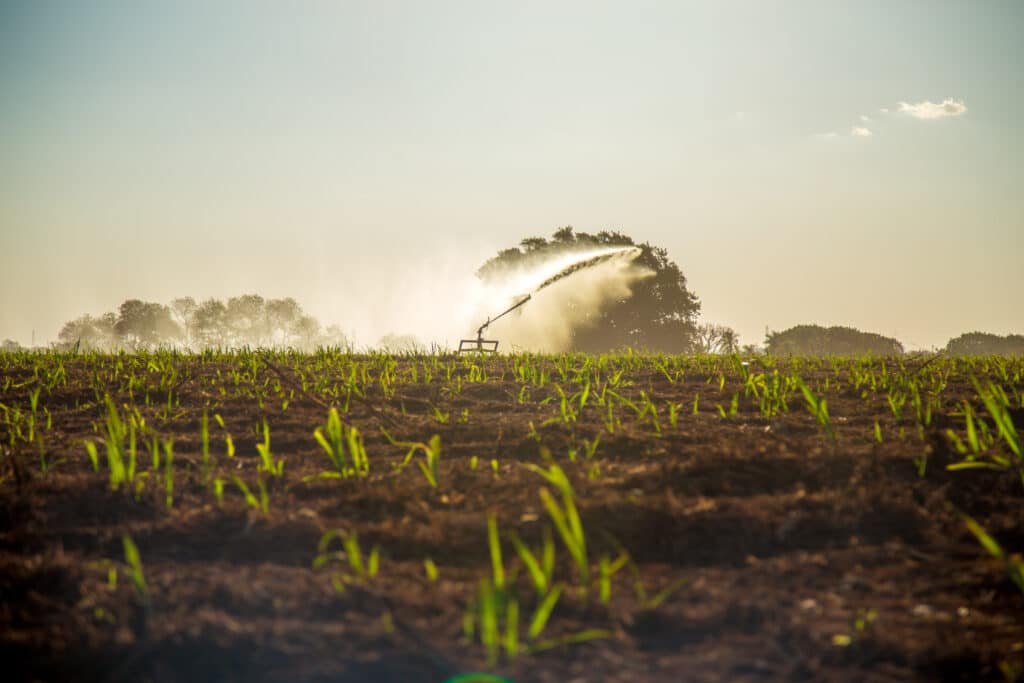Latest News
Natural farmer Certification A Game-Changer for Sustainable Agriculture in 2025

Natural farmer has emerged as a transformative approach in modern agriculture, promoting sustainability, ecological balance, and healthy food production. As the demand for chemical-free, environmentally friendly produce rises, Natural Farming Certification is gaining traction among farmers, consumers, and policymakers alike. This certification not only assures consumers of authenticity but also opens up new market opportunities and financial benefits for farmers.
In this blog, we’ll explore what natural farming certification entails, its benefits, how to get certified, and why it’s a crucial step toward sustainable agriculture in India and beyond.

🌿 What is Natural Farming?
Natural farming is a chemical-free farming method that mimics natural ecosystems. Popularized in India by Padma Shri Subhash Palekar as Subhash Palekar Natural Farming (SPNF), it avoids synthetic fertilizers and pesticides and relies on traditional practices like:
-
Jeevamrut (a microbial-rich liquid made from cow dung and urine)
-
Mulching
-
Crop diversity
-
Soil aeration and earthworm activity
This approach restores soil health, reduces farming costs, and produces healthier food without harming the environment.
✅ What is Natural Farming Certification?
Natural Farming Certification is a formal process through which a farm is verified to follow natural farming principles. Certification ensures that farming practices are:
-
Free from synthetic inputs
-
Environmentally friendly
-
Economically viable and socially just
It’s a guarantee to consumers that the produce is genuinely natural, not just labeled as such. In India, certification is promoted by government schemes like the Bhartiya Prakritik Krishi Paddhati (BPKP) under the Paramparagat Krishi Vikas Yojana (PKVY).
🧾 Key Certification Bodies in India
-
PGS-India (Participatory Guarantee System)
-
Community-based certification
-
Cost-effective and ideal for small and marginal farmers
-
Recognized under PKVY by the Ministry of Agriculture
-
-
NPOP (National Programme for Organic Production)
-
Managed by APEDA
-
More formal and suitable for export markets
-
-
State Agricultural Departments and NGOs
-
Some states like Andhra Pradesh and Himachal Pradesh promote natural farming through local certification models
-

Sugar cane irrigation
🌾 How to Get Natural Farming Certification
Step-by-Step Process:
-
Join a farmer group or PGS local group
-
Register with the certification body (like PGS-India)
-
Participate in training and awareness programs
-
Implement natural farming techniques on your farm
-
Maintain records of inputs, crops, and farming practices
-
Undergo peer review and field verification
-
Receive certification and labeling rights
The process may take 1–2 years but is supported by government schemes that offer financial and technical assistance.
💡 Benefits of Natural Farming Certification
For Farmers:
-
Market Access: Sell in premium organic/natural markets
-
Better Prices: Certified products fetch 20–40% higher prices
-
Government Support: Eligibility for schemes, subsidies, and training
-
Reduced Costs: Lower input costs due to zero chemical usage
For Consumers:
-
Trust: Assurance of chemical-free, naturally grown food
-
Health Benefits: Higher nutritional value and fewer toxins
-
Transparency: Traceability of food origin
For the Environment:
-
Soil Regeneration: Improved fertility and microbial activity
-
Water Conservation: Reduced irrigation needs
-
Biodiversity: Supports native plants and beneficial insects
🌍 Global Importance of Certification
With growing global awareness about sustainability, certified natural farming aligns with:
-
UN Sustainable Development Goals (SDGs)
-
Climate-smart agriculture
-
International trade standards for organic and natural produce
Countries across Europe, North America, and Asia are increasing imports of certified sustainable agricultural products, offering huge potential for Indian farmers.
🔄 Challenges and the Road Ahead
Challenges:
-
Lack of awareness among farmers
-
Initial yield dips during transition
-
Market access and certification logistics
Solutions:
-
Government training and outreach
-
Digital platforms for certification tracking
-
Stronger farmer cooperatives and FPOs (Farmer Producer Organizations)
As awareness and demand rise, certification processes are becoming simpler and more farmer-friendly. Initiatives like Jaivik Bharat and India Organic labeling are also boosting consumer confidence.
📝 Conclusion
Natural Farming Certification empowers farmers to grow sustainably while meeting consumer demand for safe, natural food. It builds trust, opens up premium markets, and aligns with India’s vision for Atmanirbhar Krishi (self-reliant agriculture). As the world moves toward eco-friendly practices, natural farming with certification is not just a trend—it’s a transformative solution for food security, environmental protection, and farmer prosperity. With supportive policies and growing consumer awareness, certified natural farming is indeed a game-changer in sustainable agriculture.





















